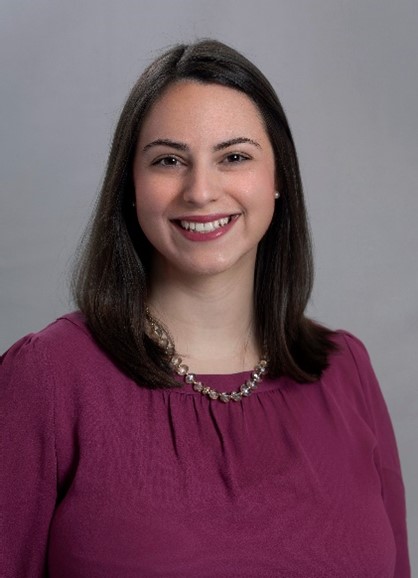
Challenging Stereotypes and De-Stigmatizing Mental Health
May is Mental Health Awareness Month, and it is important to acknowledge the stigma around mental health. Mental health stigma refers to negative attitudes, beliefs, or stereotypes of people with mental health conditions. In my experience, many people do not reach out for counseling services due to the stigma often associated with mental health. Sometimes, people will call someone “crazy” for seeking counseling services. During the month of May, I encourage you to face and challenge your own beliefs or ideas about mental health and to be mindful of how it affects other people.
The effects of mental health stigma
How does the stigma of mental health affect people? People may delay or avoid seeking treatment because of the concerns they may face such as losing their job or support from others, reduced hope and lower self-esteem. According to the Center for Workplace Mental Health, only about 3-5% of employees use EAP services. Mental health stigma is still a challenge in the workplace.
Sharing and supporting those impacted by mental health & stigma
Communication is key to reducing the stigma surrounding mental health. The Mental Health Coalition Language guide is a useful tool when discussing mental health and lessening stigma. For example, instead of saying “Suffering /Struggling with a mental illness,” say “Living with a mental health condition /Thriving with a mental health condition.”
Sharing stories of your own mental health journey can help de-stigmatize mental health. Challenge negative stereotypes and misconceptions about mental health. Speaking out against stereotypes and sharing your story may have a positive impact on another person or yourself.
Methodist Healthcare Employee Assistance Program is committed to improving the productivity and healthy functioning of individuals and the workplace. Methodist EAP can help by providing a judgement free and caring environment to begin the counseling journey. If you are ready to begin your counseling journey, call 901-683-5658.

Alice White, LCSW
Counselor
Alice White is a Licensed Clinical Social Worker (LCSW) and a Certified Employee Assistance Profession who has experience working with clients with anxiety, depression and crisis situations. She earned her Bachelor’s and Master’s degrees in Social Work from the University of Southern Mississippi. Alice is a native Memphian who began her career in Memphis at Youth Villages. Alice is currently licensed in Tennessee, Mississippi, and Arkansas. In her spare time, she enjoys taking her dog on walks, reading, and going to concerts.
Related Articles


